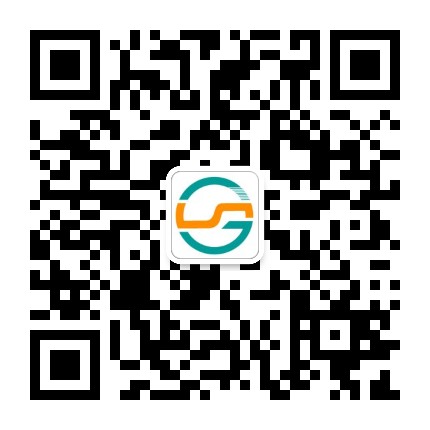含義絕對(duì)的不是解: must always never the most all any none entirely
含義相反的是解
another other more either both also beside additional extra different same particular nearly not enough
change delay improve postpone increase
be based on
對(duì)策:答案多在文章的首句或末句;解:多為概括性的選項(xiàng)
對(duì)策:利用題目中的關(guān)鍵詞找文章中的對(duì)應(yīng)詞,在對(duì)應(yīng)詞的周圍尋找答案。
對(duì)策:原始數(shù)據(jù)不是解。
對(duì)策:對(duì)號(hào)入座。
對(duì)策:這兩種主要考并列句、列舉句
命題包括以下動(dòng)詞:infer, imply, suggest, conclude, assume.
對(duì)策:
對(duì)策:常見含義不是解
對(duì)策:根據(jù)上下文判斷其合理的詞義才是唯一的出路。
總結(jié):常見的命題思路:
文中A導(dǎo)致B,問題:有了B這一結(jié)果,為什么,答案是A
文中A具有X特性,B與A不同,問,B有何特點(diǎn),答案是非X
特性。
However, but, yet, in fact, although, 轉(zhuǎn)折:unlike, until, however, but等。
as, such as, for example, for instance, i.e. etc.
文中的數(shù)字、年代和日期常常是命題的重點(diǎn)。
must, all, only, anyone, always, never,或most, first.
人名、地名等專有名詞
同位語,插入語,定語,長句的后半句,從句,副詞,介詞,不定式。
因果連詞:because, since, for, as, therefore, so, consequently etc
因果動(dòng)詞:cause, result in,originate from, etc
因果名詞:base, basis, result, consequence. etc
段首句和文尾句往往是作者表達(dá)中心思想和進(jìn)行總結(jié)綜述之處,
破折號(hào)、括號(hào)、冒號(hào)表示解釋,引號(hào)表示引用
tolerable and some ultraviolet rays penetrate the atmosphere. Cosmic rays of various kinds come through the air from outer space, but enormous quantities of radiation from the sun are screened off. As soon as men leave the atmosphere they are exposed to this radiation but their spacesuits or the walls of their spacecraft, if they are inside, do prevent a lot of radiation damage.
greatest known danger to explorers in space. The trouble is that it is extremely difficult to be sure about radiation damage a person may feel perfectly well, but not cells of his sex organs may be damaged, and this will not be discovered until the birth of (deformed) children or even grandchildren.
1、According to the passage, without atmosphere
A) spaceships can never be shot into space
B) sunlight can’t reach the earth (具體不是解)
C) plants can produce varied food
D) our environment would be intolerable(概括是解,含義相反的是解)
2、When men spend long period in space they will protect themselves by
A) taking special drugs
B) wearing special suits(替換spacesuits是解)
C) using a protective blanket
D) no solution has been found yet
3、The greatest danger to men in space is
A) meteors B) weightlessness
C) radiation D) magnetic force
4、Which of the following statement is true according to the passage?
A) the grandchildren of astronauts are deformed
B) the children of astronauts have damaged sex organs
C) radiation damage may show only in later generations(may是解)
D) radiation does not seem to be very harmful
5、Radiation is dangerous to men,
A) but we don’t know exactly how dangerous it is
B) but only in space (替換是解)
C) so we should build up our health
D) and we can do nothing about it at the present time
Although some critics of the media claim that these means of communication are used mainly to control our thinking and get us to buy products that we don’t need, the media also contribute to keeping people informed. In other words, while dangers do exist, the benefits of the media far outweigh the disadvantages. Most of the messages brought to viewers, listeners, and readers are designed either to inform or to entertain, and neither of these goals can be considered dangerous or harmful.
in -depth on publicly funded TV channels and radio stations as well as in newspapers. In addition, the public broadcasting media can help viewers and listeners to complete or further their education.
The media also give people the information they need in their daily lives and the media can be a valuable means of educating the public. Even though the media can be misused, most of their effects are positive.
Simply

